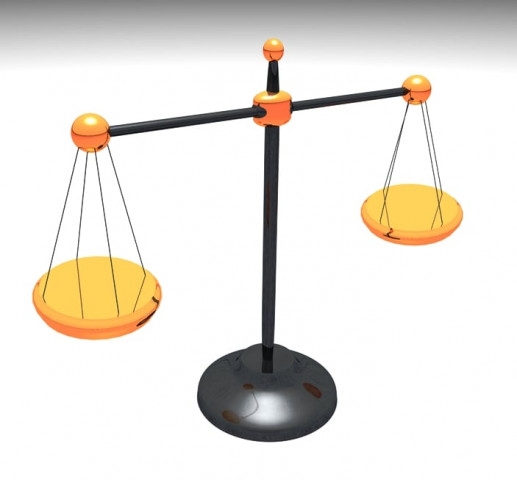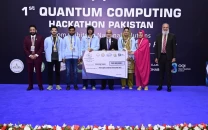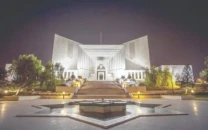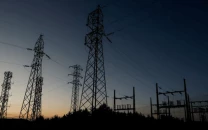Legal empowerment: ‘Those below poverty level are also below state’s radar’
Report calls for review of criminal laws, de-politicisation of police.

These were the key findings of a report, “Voices of the Unheard”, launched by the Legal Empowerment of Poor (LEP) programme on Tuesday.
The programme was initiated by the United Nations Development Programme (UNDP) and implemented by the UN Office for Project Services (UNOPS) to support delivery of legal rights and services to vulnerable segments of the society.
The report points out that the poor live below the state’s radar. This means they don’t contact state institutions for delivery of justice.
Instead they prefer to contact “elders” and alternative dispute resolution mechanisms.
It also states that 90% of people contacting state organisations are male, confirming that women are on the sidelines of the access-to-justice situation.
The report relied on discussions with key institutions, such as the police and judiciary, qualitative focus group discussions and a survey of 10,322 households in 31 districts for data collection.
The report recommends de-politicisation of the police, overcoming the fear factor of police stations among citizens and review of criminal laws.
“The recommendations have facilitated the design of evidence-based strategic interventions,” said LEP National Programme Manager Kashif Noon.
The interventions will be carried out in the same 31 districts over the next five years.
Noon said the programme will try to reconnect the state and the citizens by raising awareness and providing legal aid to the poor on the one hand and by policy engagements with justice institutions on the other.
The first phase of interventions will focus on Punjab and some districts of Khyber-Pakhtunkhwa. The project will be extended to other provinces over the next few years.
Published in The Express Tribune, October 24th, 2012.



















COMMENTS
Comments are moderated and generally will be posted if they are on-topic and not abusive.
For more information, please see our Comments FAQ